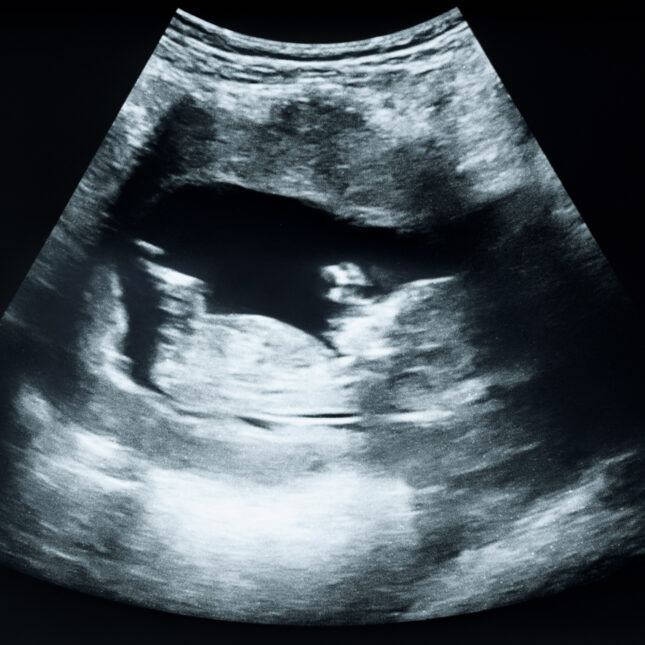
The artificial womb, a device aiming to save infants born way too soon, is inching closer to being tested in humans.
The technology is close enough to reality that the Food and Drug Administration has decided to convene a two-day panel starting Tuesday to discuss how to best evaluate safety and effectiveness, as well as the ethical quandaries in running clinical trials. The second day will be closed to the public to shield trade secrets.
Several research teams are racing to build artificial placentas that replicate the uterine environment and give the very prematurely born a better shot at survival. A team at the Children’s Hospital of Philadelphia, led by Alan Flake, is the closest to human trials — their device is a bag filled with sterile fluid, which contains the fetus and is connected to tubes providing oxygen and nutrition.















Exciting news! STAT has moved its comment section to our subscriber-only app, STAT+ Connect. Subscribe to STAT+ today to join the conversation or join us on Twitter, Facebook, LinkedIn, and Threads. Let's stay connected!
To submit a correction request, please visit our Contact Us page.